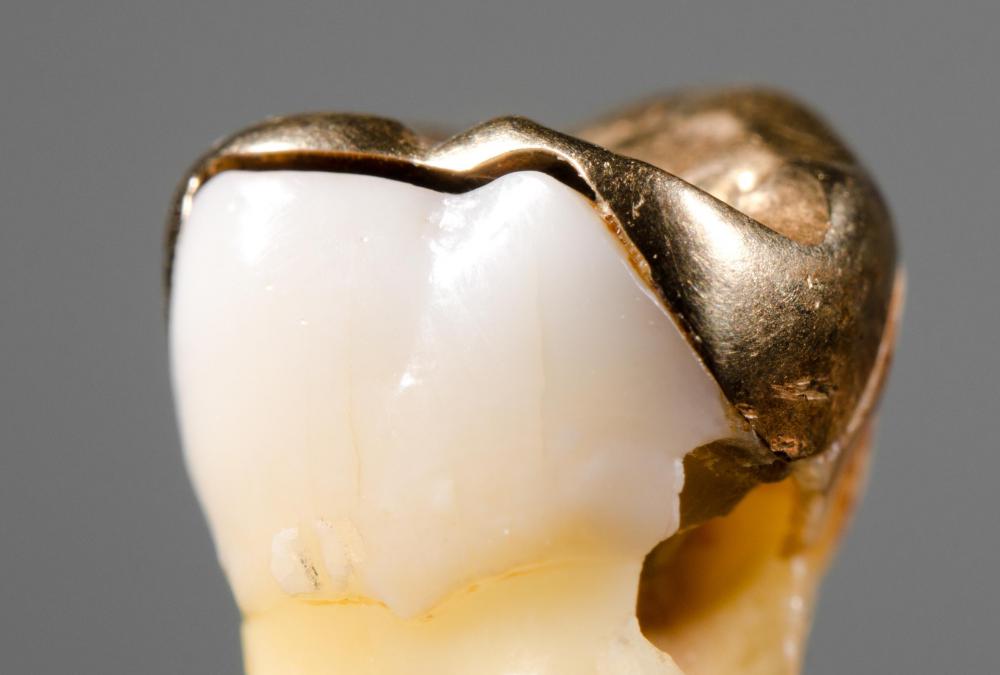At WiseGEEK, we're committed to delivering accurate, trustworthy information. Our expert-authored content is rigorously fact-checked and sourced from credible authorities. Discover how we uphold the highest standards in providing you with reliable knowledge.
What are the Different Types of Toothache Treatments?
Toothache treatments fall into about three different core categories. First of all, there are the treatments that deal with the pain of a toothache. Some of these are over-the-counter remedies, while others are prescription-only. Secondly, there are toothache treatments that deal with any infection in the gums around the teeth. Thirdly, there are fixes to any core problems with the teeth themselves, which will generally involve some kind of dental work.
The initial problem that most people face with a toothache is how to stop the pain in the short-term. Often, there is a delay before a person can see a dentist, and in the meantime, the individual will generally have to suffer for a while. This could sometimes take as long as a few days.

Most people rely on over-the-counter medications as their primary toothache treatment before their actual dental appointment. For example, the person might buy something like ibuprofen, which is an anti-inflammatory medication, to decrease the severity of the discomfort. There are also some medications to apply around the tooth which may be able to numb the area to some extent. These are short-term remedies, but for some people, they can be a great help.

There are some toothaches where the pain gets totally unbearable, and people will be forced to visit the emergency room. Doctors can prescribe stronger pain drugs, such as opiates, and these will often help when lesser remedies fail. There are also cases where people may get so infected in their teeth that a severe fever develops, and these individuals may need emergency care as well.

If there is a severe infection, the main toothache treatments are generally antibiotics. These will help kill whatever bacteria is infesting the gum area around the tooth. Most dentists won't actually be willing to do much in the way of dental work until they've taken some precautions to get rid of infections, so a dentist will also usually require a round of antibiotics before fixing the tooth.

In most cases, the final toothache treatments are the dental repairs needed to fix the tooth decay or whatever other problem is causing the pain. In many cases, this may take the form of a root canal, but it usually depends on the state of the tooth and the age of the person. Sometimes people wait a long time before having their teeth repaired, and things get so far out of hand that the dentists are forced to go ahead and pull the tooth.
AS FEATURED ON:
AS FEATURED ON:














Discuss this Article
Post your comments